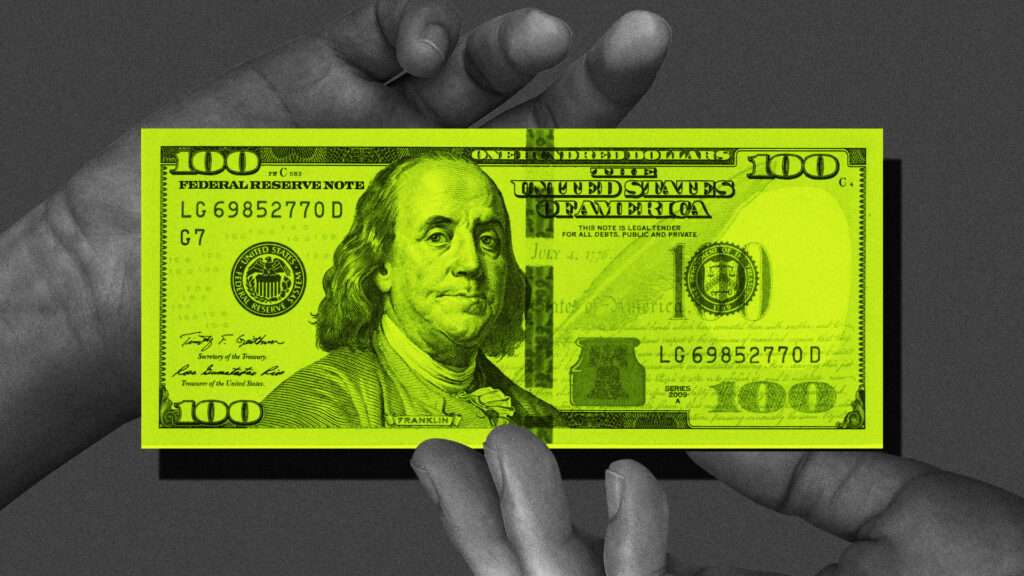
The government says money isn't property—so it can take yours
In a jaw-dropping argument, the Department of Justice claims seizing $50,000 from a small business doesn’t violate property rights because money isn’t property.
Right now, my mind is just reeling from the implications of this. I debated whether or not this was worthy of its own thread, but we have some great minds on this board (even if we don't all agree on things.) I would to hear some takes about this.As a lawyer who sues the government, you get used to the different kinds of arguments that government lawyers use to justify abuses of individual rights—sweeping claims of government power, bad-faith procedural obstacles, and more.
This was a new one: The U.S. Department of Justice (DOJ) argued that confiscating $50,000 from a small business did not infringe the business' right to private property because money is not property.




